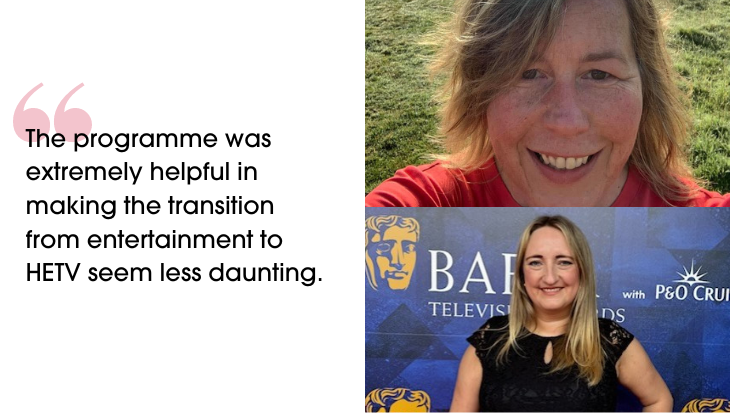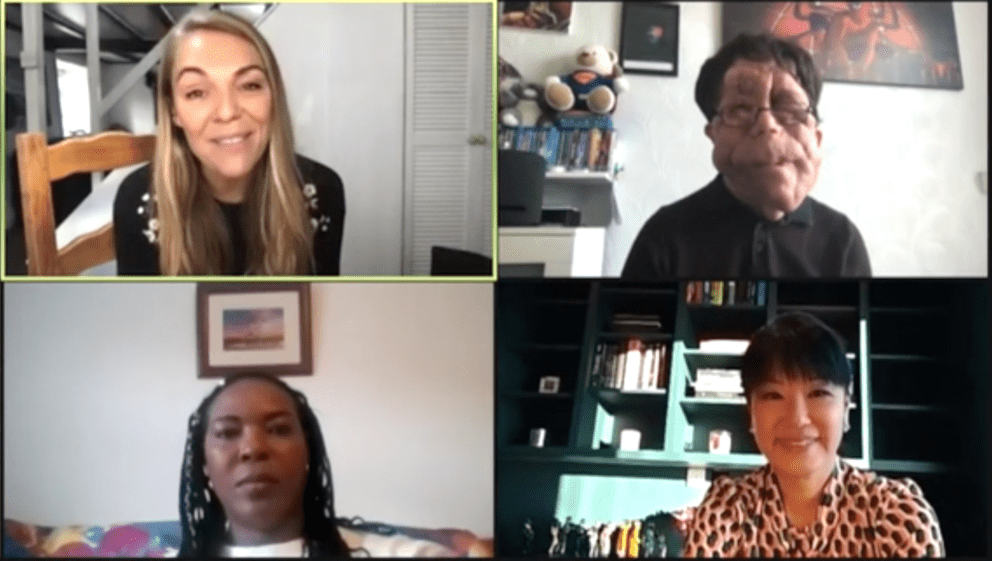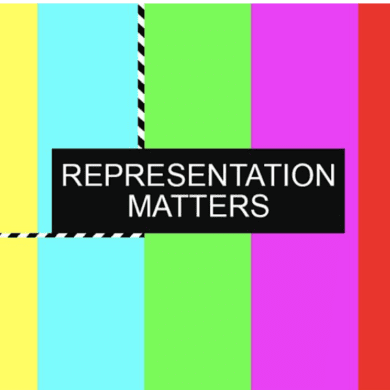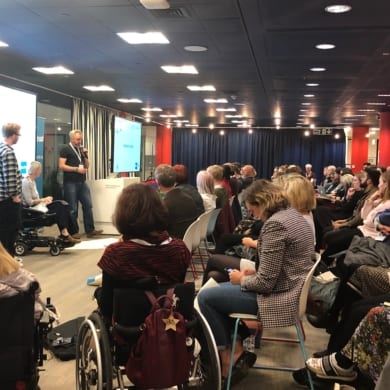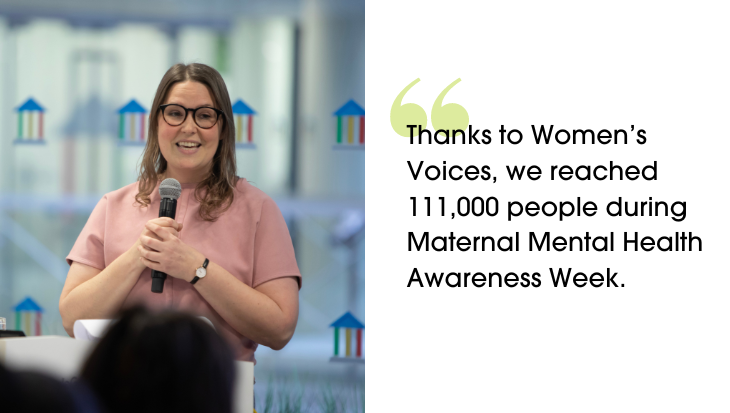This past year, one of our key priorities has been to tackle the under-representation of disabled people, working closely with disability charities like Disability Rights UK, Mind and Scope. The reason we prioritised disability is that although attitudes to disabled people are better than they were 25 years ago when the Disability Discrimination Act was passed, we still have a long way to go. Scope launched their End the Awkward campaign three years ago after research showed two-thirds of people in Britain feel awkward around disabled people.
Because of that awkwardness, people panic when they meet a disabled person, or worse, just avoid situations involving disabled people all together for fear of doing or saying the wrong thing. Scope also discovered one in three Brits think disabled people are not productive. That probably explains why not enough employers are currently hiring disabled talent.
Unfortunately, there’s a point where all this becomes self-fulfilling – many disabled people internalise negative views of themselves and end up with low self-esteem, which just reinforces non-disabled people’s assessments of their worth. This creates a vicious cycle of dependency and exclusion which is difficult to break.
But prejudiced attitudes towards disabled people or indeed towards any minority groups aren’t innate. You’re not born with them. They’re learned through contact with the prejudice and ignorance of others and reinforced by the media we consume.
The types of negative stereotypes I’ve talked about are based on the medical model of disability that looks at what is ‘wrong’ with the person and what’s different about them. It assumes disabled people need treatment or intervention to overcome their limitations and results in disabled people being seen as dependent, deserving of pity because of their impairment or praise if they’ve somehow managed to overcome their condition. Unfortunately for too long, it’s the medical model of disability that’s informed on-screen portrayals.
And to be fair, the media hasn’t been alone in this. Some disability charities have also been complicit in their choice of images and language – using stereotypes of disabled people as dependent and tragic in their advertising and fundraising to evoke pity and guilt on the part of would-be donors. Some charities are still doing this but many charities have now rejected poverty and victim porn and moved away from tired tropes like the white saviour or donor as hero.
What we need is representation that reflects the paradigm shift from seeing the disabled person as the problem to an understanding that its society that’s disabling people because it’s the way society is set up that’s excluding disabled people from taking part in everyday life. The starting point of the ‘social model of disability’ is that absolutely everyone is equal and people aren’t disabled by their impairment but by barriers in society, whether they’re physical, like buildings not having ramps or accessible toilets, or barriers caused by people’s attitudes to difference, like assuming disabled people can’t do certain things. This is the approach on which the Disability Discrimination Act is modelled on – it places a legal responsibility on businesses and organisations to reduce external barriers and make adjustments to services, buildings, transport and workplaces to make them accessible.
But despite this being the approach of the DDA and the fact it’s 25 years since it was passed, I’m afraid the media hasn’t done a good enough job of keeping up and for a long time one- dimensional portrayals of disabled people have predominated in film and TV, as Gus Alexiou discusses in this recent piece in Forbes. Thank goodness we’re starting to see progress, for example with our work with the BBC on Reframing Disability.
Ultimately – representation matters because without authentic disabled representation, society and the status of disabled people will remain unchanged; with authentic representation, society and the opportunities available to disabled people can evolve.
